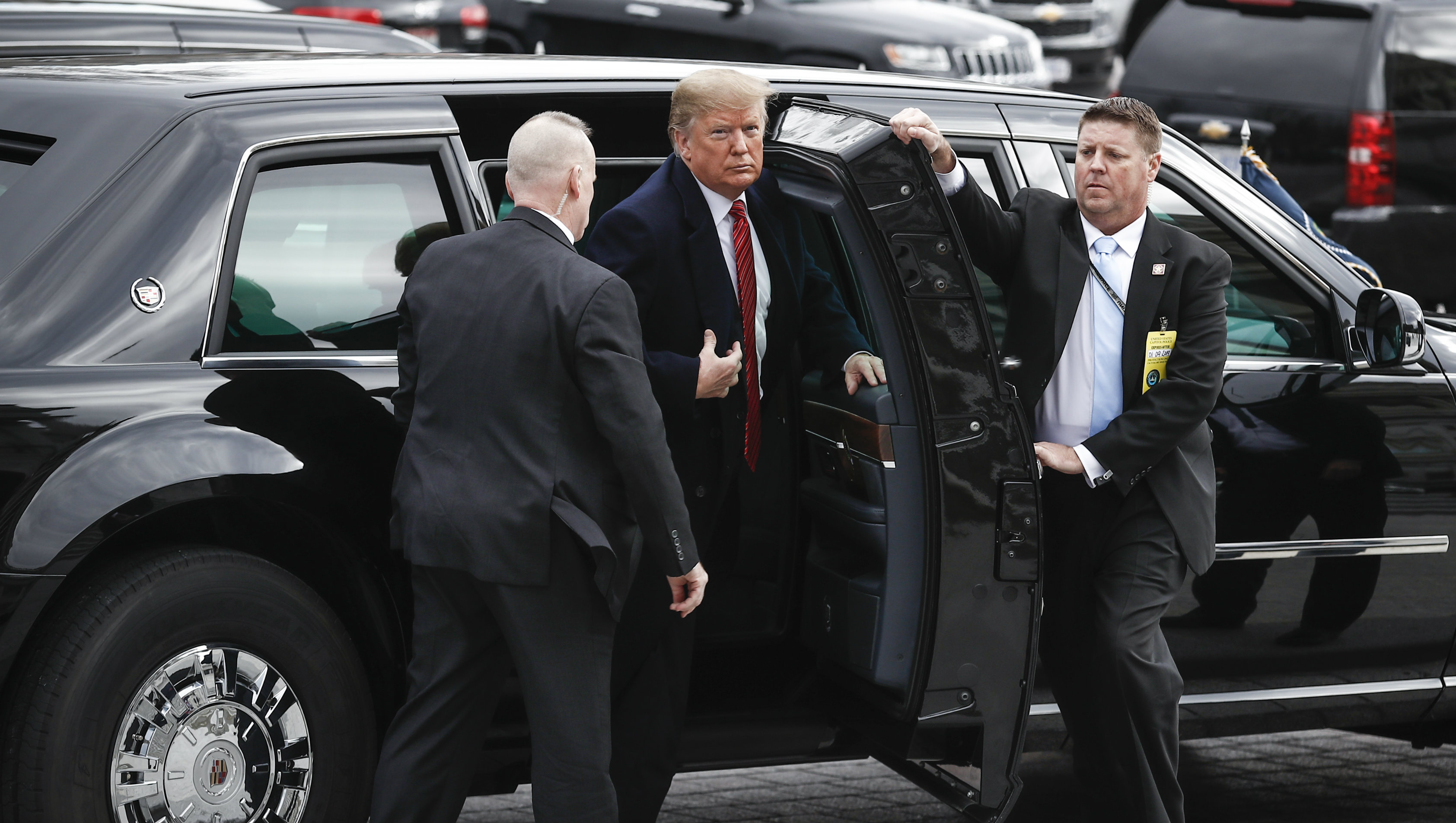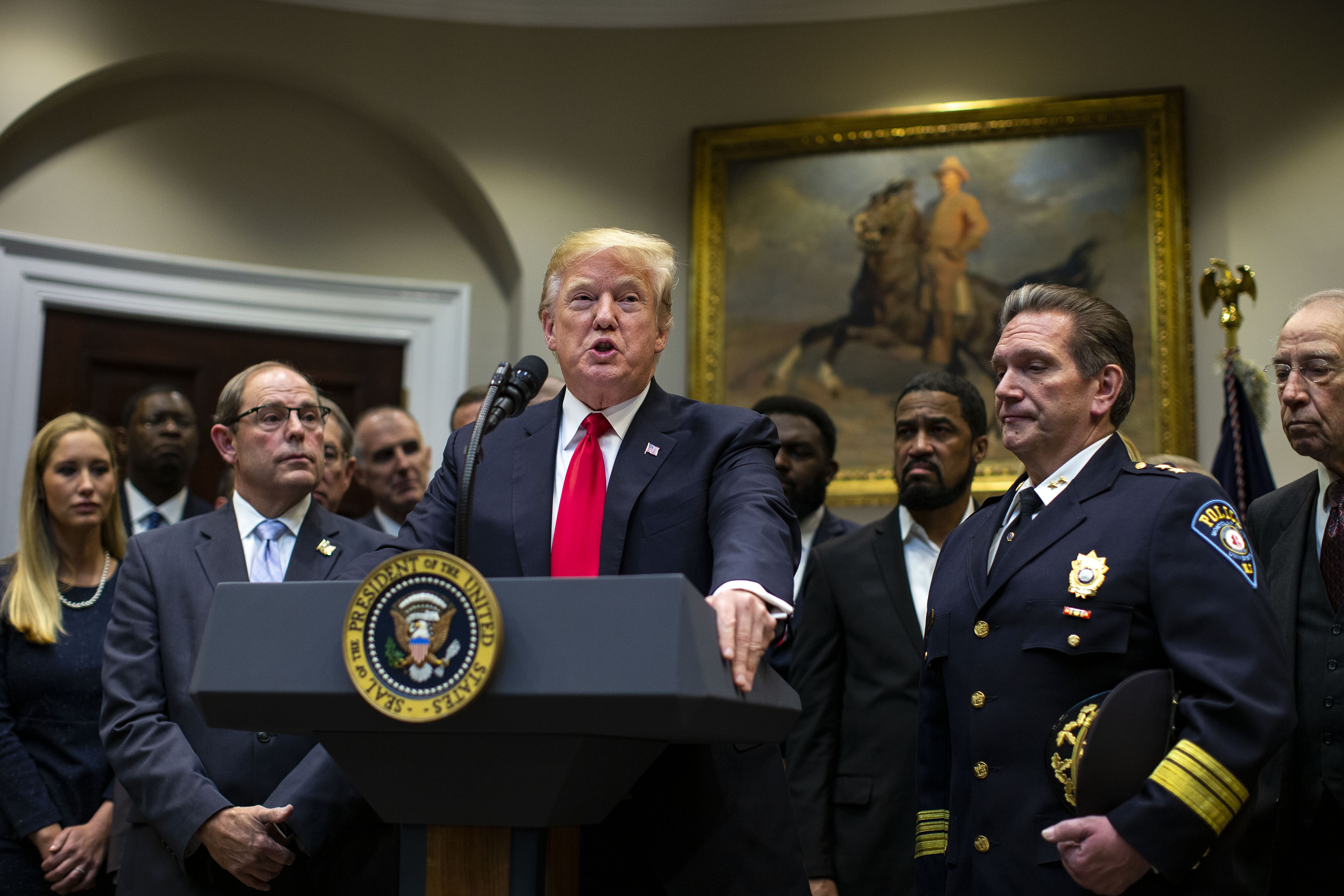In the days after President Donald Trump fired James Comey as FBI director, law enforcement officials became so concerned by the President’s behaviour that they began investigating whether he had been working on behalf of Russia against American interests, according to former law enforcement officials and others familiar with the investigation.
Counterintelligence investigators had to consider whether the President’s own actions constituted a possible threat to national security. Agents also sought to determine whether Trump was knowingly working for Russia or had unwittingly fallen under Moscow’s influence.
The investigation the FBI opened into Trump also had a criminal aspect, which has long been publicly known: whether his firing of Comey constituted obstruction of justice.
Agents and senior FBI officials had grown suspicious of Trump’s ties to Russia during the 2016 campaign but held off on opening an investigation into him, the people said, in part because they were uncertain how to proceed with an inquiry of such sensitivity and magnitude. But the president’s activities before and after Comey’s firing in May 2017, particularly two instances in which Trump tied the Comey dismissal to the Russia investigation, helped prompt the counterintelligence aspect of the inquiry, the people said.
Special counsel Robert Mueller took over the inquiry into Trump when he was appointed, days after FBI officials opened it. That inquiry is part of Mueller’s broader examination of how Russian operatives interfered in the 2016 election and whether any Trump associates conspired with them. It is unclear whether Mueller is still pursuing the counterintelligence matter, and some former law enforcement officials outside the investigation have questioned whether agents overstepped in opening it.
The criminal and counterintelligence elements were coupled together into one investigation, former law enforcement officials said in interviews in recent weeks, because if Trump had ousted the head of the FBI to impede or even end the Russia investigation, that was both a possible crime and a national security concern. The FBI’s counterintelligence division handles national security matters.
No evidence has emerged publicly that Trump was secretly in contact with or took direction from Russian government officials. An FBI spokesperson and a spokesperson for the special counsel’s office both declined to comment.
c.2019 New York Times News Service












